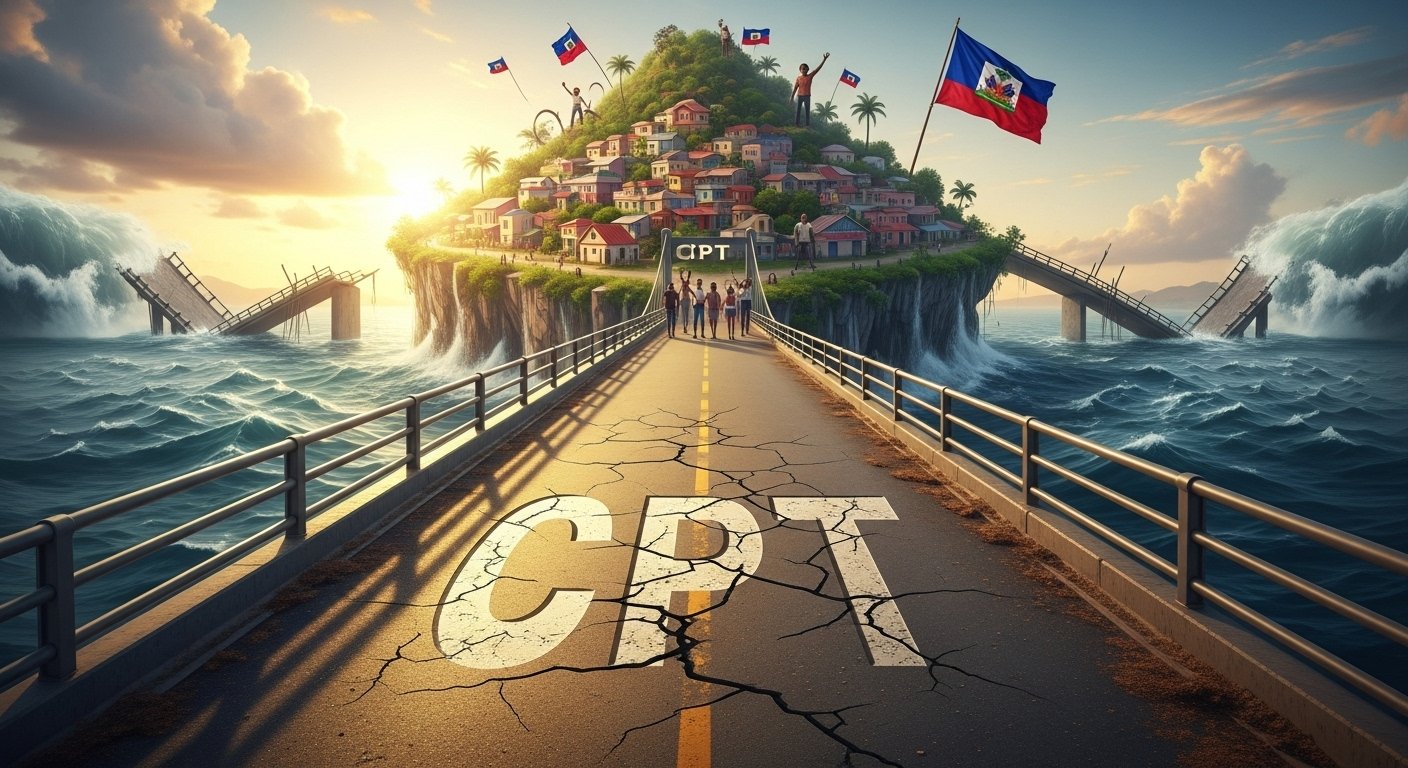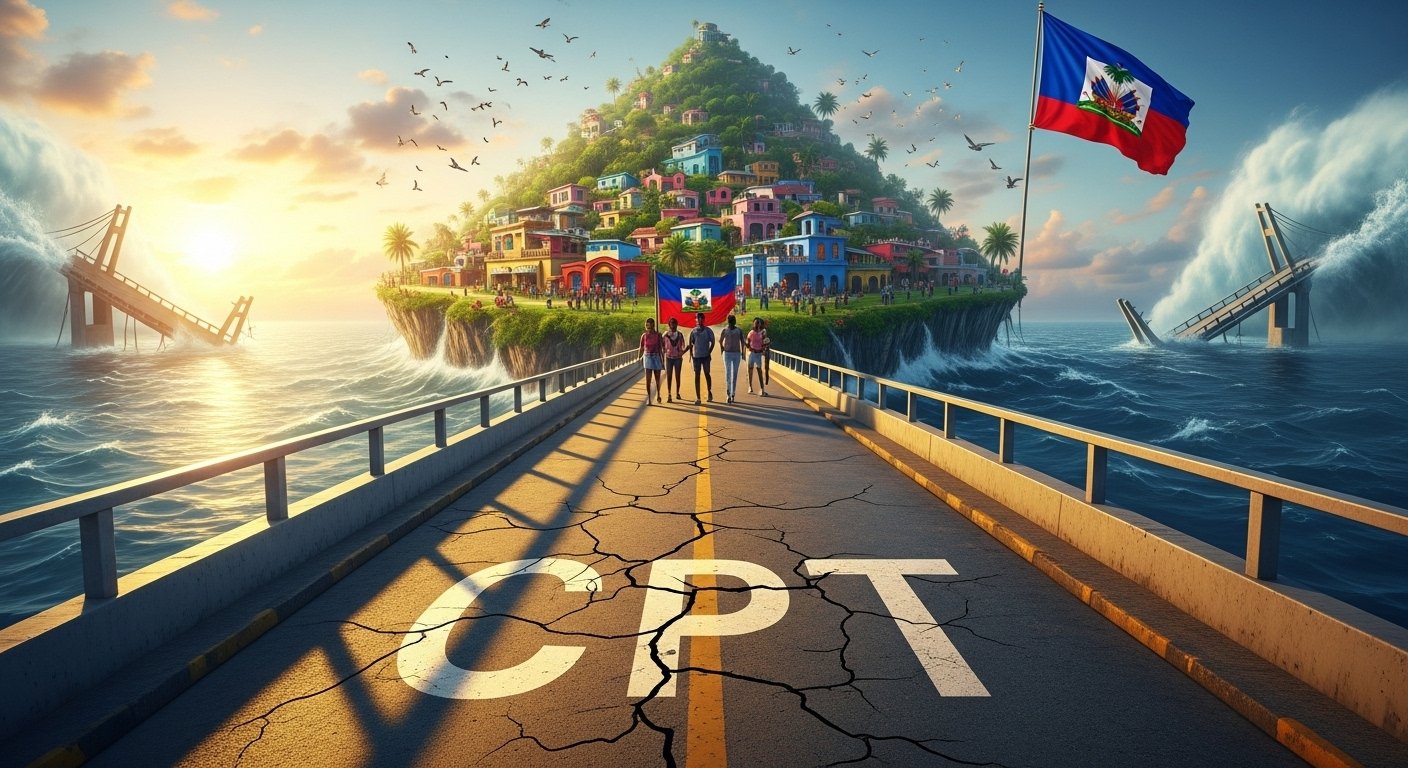Physical Address
304 North Cardinal St.
Dorchester Center, MA 02124
Physical Address
304 North Cardinal St.
Dorchester Center, MA 02124

Haiti’s Eternal Struggle with Interventions and Occupations**
Haiti stands as a symbol of Black liberation, having shaken the foundations of colonial slavery in 1804, becoming the first independent Black republic. Yet, despite its groundbreaking legacy, it has spent much of its post-revolution existence grappling with foreign interventions, political instability, and economic sabotage. From the 1915–1934 U.S. occupation to exploitative trade agreements under neocolonial powers, Haiti’s sovereignty has long been undermined by external entities claiming to “stabilize” the nation. Most recently, the Core Group—an alliance of foreign diplomats led by Western powers—has flexed undue influence over Haiti’s governance, effectively propping up government after government unfavourable to the will and welfare of the Haitian people. Never heard of a country with 9 presidents, what an absurdity, and why the CPT should be the last transition in Haiti.

Now, the Haitian National Police (PNH), weakened and poorly resourced, struggles to maintain security amid skyrocketing gang violence, which puts ordinary citizens in harm’s way daily. In response, the United Nations has approved the Kenyan-led Multinational Security Support mission (CPT) to “stabilize” Haiti. However well-worded the mission may seem, it is yet another chapter in Haiti’s history of imposed foreign “solutions” to internally rooted problems spawned by imperialist interests. For a country begging for genuine sovereignty, many argue the CPT must represent the last forced intervention in Haiti’s long political transition.
**The Colonial and Neocolonial Origins of Foreign Control in Haiti**
Haiti’s subordination to foreign control traces back to 1825, when France coerced Haiti into paying reparations for the “loss” of enslaved bodies and plantations, despite Haiti’s independence credentials. These payments crippled the nascent nation financially, pushing generations into debt. This neocolonial exploitation became a model that later powers like the United States built upon. From strategically occupying Haiti’s territory under the guise of “security” to directly siphoning resources, Western nations have routinely dictated the terms of Haiti’s governance.
The Core Group embodies these historic hierarchies under a modern cloak. By continually overriding or “advising” on political leadership appointments—like Ariel Henry’s rise after Jovenel Moïse’s assassination—they have perpetuated systems that serve foreign economies and elites while leaving ordinary Haitians yearning for autonomy and justice.
The CPT, framed as a solution, risks deepening this dependency. It serves as a reminder that intervention without addressing poverty, systemic corruption, and the undermined political will of Haitians can never succeed. Instead, such foreign solutions often exacerbate Haiti’s suffering.
**Training the Spotlight on Haitian Resistance to External Meddling**
Amid interventions, the Haitian people have always resisted. The maroons—enslaved Africans who escaped plantations—were the first to challenge colonial systems by creating autonomous zones. In the 20th century, Charlemagne Péralte led guerrilla resistance against U.S. forces during the American occupation. His execution may have been intended to quell rebellion, but instead, it immortalized him as a national hero.
Today, resistance takes on different forms—Haitians protest in the streets, decry imposed leadership, and use diaspora networks to share their plight with global allies. Organizations such as Nou Pap Dòmi have emerged to monitor government corruption and foreign interference. It is in this context of ongoing grassroots resistance that solutions to Haiti’s challenges must emerge—from its people, not atop them.
**Modern Implications and Why Haiti Cannot Afford Another Failed Transition**
The CPT mission poses two clear dangers: entrenching neocolonial relationships and delaying genuine efforts toward Haitian self-determination. It risks repeating the failures of the MINUSTAH mission, where forced “peacekeeping” led to new crises, including the deadly cholera outbreak—a grim foreign legacy that killed thousands and shattered public trust.
Worse, these interventions seek to patch symptoms—gang violence—rather than confronting the roots of instability, such as resource exploitation, failed agricultural reforms, and unaccountable governance structures. Haiti’s repeated cycles of dependency will persist as long as external forces are allowed to dictate terms. Instead of transitional stopgaps, Haiti needs a long-term blueprint for sovereignty, crafted and enacted by Haitians.
**Call to Action: Toward Sovereignty and Global Haitian Solidarity**
The CPT must mark the end—not another beginning—of foreign interference in Haiti. True stability cannot be commanded through missions led by distant governments and elite interests. Haitians everywhere, especially their vibrant diaspora, must rally around the calls for national sovereignty, demand accountability from the Core Group, and support grassroots movements seeking long-term solutions.
Global African and Black diasporas must amplify Haiti’s voice, ensuring that the wider world sees Haiti not as a “failed state” but as an unjustly exploited nation fighting for its due chance at prosperity. Start by educating communities on Haiti’s revolutionary origins with Toussaint Louverture, Jean-Jacques Dessalines, and the maroons. Connect with Haitian-led advocacy groups. Share Haiti’s story as a mirror for anti-imperialist and liberation movements worldwide.

**Conclusion: Haitians Deserve More Than Perpetual Transition**
Haiti’s challenges cannot be solved without addressing the imperial histories and contemporary injustices that shaped them. Though the CPT may alleviate immediate crises, it cannot serve as the norm for governance in a nation whose people demand self-determination. International allies wishing to stabilize Haiti should ask not how to impose solutions but how to support Haitian-led change.
This must be the last externally dictated transition. From the maroons’ defiance to today’s diasporic resilience, Haiti is a nation that has always fought for its right to govern itself. It is time the world respects that fight.
**FAQ Section**
1. **What is the CPT?**
The Kenyan-led Multinational Security Support mission, endorsed by the U.N., aims to address insecurity in Haiti by training the Haitian National Police and combating gang violence.
2. **Why do critics say the CPT is problematic?**
Many fear it prolongs Haiti’s history of foreign intervention without addressing systemic root causes like poverty and corruption.
3. **How does the CPT mirror past interventions?**
Like the 1915 U.S. occupation or the MINUSTAH mission, the CPT risks exacerbating Haiti’s reliance on foreign powers while sidestepping long-term goals.
4. **What are Haitians saying about the CPT?**
Many activists demand Haitian-led solutions, warning that international security missions distract from sovereignty and fail to empower local governance.
5. **What steps does Haiti need to take to move forward?**
Genuine change hinges on empowering grassroots movements, holding corrupt leaders accountable, and sharing sovereignty-focused blueprints over dependence.
6. **How can the diaspora help?**
The diaspora can advocate for Haitian voices on global platforms, fund Haitian-organized initiatives, and leverage networks to challenge the Core Group’s influence.